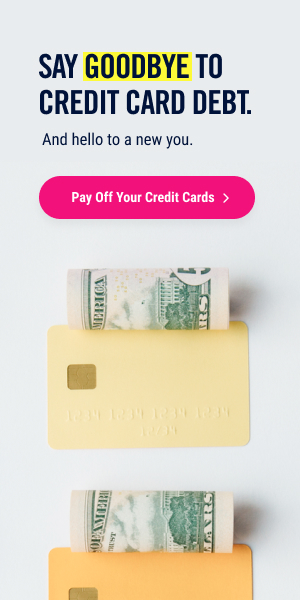Wondering what will happen if you keep falling behind on a bill? Here are some consequences of delinquencies and debt collection.
Payment history accounts for about 35% of your credit score, so paying your bills regularly works to your advantage. And if you start missing payments and go into collection, you’re in trouble.
If you don’t pay your bills, then the creditor — be it a credit card company, mortgage firm or whoever — has to find a way to collect the money one way or another. If the debt is serious, the creditor may sell the account to a collection agency for pennies on the dollar — the creditor gets something for the debt they likely wouldn’t have gotten before, and the collection agency is gambling they’ll be able to collect the debt, making money on the sale. That’s when the phone calls become more personal, and you could even get sued for the debt. All the while, your credit is going down the toilet.
Debt Collectors’ Go-To Moves
Taking it back to that 35% figure — if you’re not paying your bills regularly, or you have an account in collections, then you’re hit with a very negative mark. According to MyFico.com, you’ve got a few different things that count as negative factors:
- Bankruptcies (7-10 years, depending on the type)
- Foreclosures
- Lawsuits
- Wage attachments
- Liens
- Judgments
In that list are four things that debt collectors can use to try to get their money. They can put a lien on your car or home, sue you for the debt or garnish your wages. Those are serious penalties, and the larger the amount owed, the higher the penalty.
Avoid Debt Collection or Get Out Fast
Of course the No. 1 goal is to not have any debt, but if you do, the goal becomes to keep your debts out of collection.
If you’re not yet in collections but have missed a few bills, be sure to communicate with your creditor. If you avoid their calls and letters, they’ll chalk you up as a deadbeat in no time flat. But if you’re open and honest about your situation, you could stretch things out a bit until you get back on your feet.
If you’re already in collections, there’s not much you can do other than pay the debt once it’s successfully presented to you — and don’t hesitate, because the longer it’s counted as delinquent, the bigger the hit to your score. Either way, ignoring the problem won’t make it go away, it will make it worse.
Check Your Report as a Precaution
To avoid falling into either scenario, check your credit report on a regular basis. If you have a mistake, or you find a debt you didn’t know you had, you have options. Sometimes these situations can be fixed quickly. Report errors to the appropriate credit bureau and the organization that reported the error. The goal is to resolve the matter as quickly as possible before your payment becomes delinquent.
Debt collection isn’t awesome but fear not: There are solutions, and you can get out, it just takes patience and some due diligence to rectify. Don’t give up.
Written by Kevin Whipps


